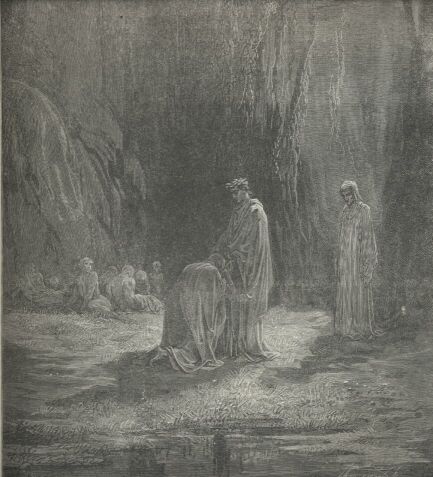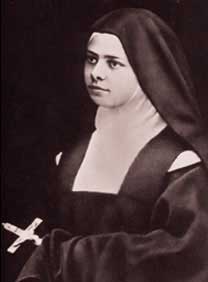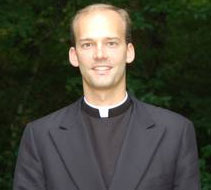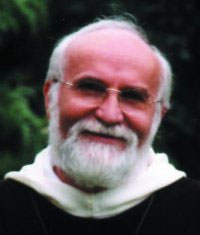Podcast: Play in new window | Download (Duration: 4:11 — 3.8MB) | Embed
Subscribe: Apple Podcasts | Spotify | Amazon Music | Android | Pandora | iHeartRadio | JioSaavn | Podchaser | Gaana | Podcast Index | Email | TuneIn | Deezer | Anghami | RSS | More
Novena for the Holy Souls in Purgatory – Day 4

composed by St. Alphonsus of Liguori
Visit the Discerning Hearts “Holy Souls” page for the complete novena and text of the prayers
My God! because Thou art infinite goodness, I am sorry with my whole heart for having offended Thee. I promise to die rather than ever offend Thee more. Give me holy perseverance; have pity on me, and have pity on those holy souls that burn in the cleansing fire and love Thee with all their hearts. O Mary, Mother of God, assist them by thy powerful prayers.
Say the following prayers: 1 Our Father… 1 Hail Mary…
The Prayer to Our Suffering Savior for the Holy Souls in Purgatory
O most sweet Jesus, through the bloody sweat which Thou didst suffer in the Garden of Gethsemane, have mercy on these Blessed Souls. Have mercy on them. R. Have mercy on them, O Lord.
O most sweet Jesus, through the pains which Thou didst suffer during Thy most cruel scourging, have mercy on them. R. Have mercy on them, O Lord.
O most sweet Jesus, through the pains which Thou didst suffer in Thy most painful crowning with thorns, have mercy on them. R. Have mercy on them, O Lord.
O most sweet Jesus, through the pains which Thou didst suffer in carrying Thy cross to Calvary, have mercy on them. R. Have mercy on them, O Lord.
O most sweet Jesus, through the pains which Thou didst suffer during Thy most cruel Crucifixion, have mercy on them. R. Have mercy on them, O Lord.
O most sweet Jesus, through the pains which Thou didst suffer in Thy most bitter agony on the Cross, have mercy on them. R. Have mercy on them, O Lord.
O most sweet Jesus, through the immense pain which Thou didst suffer in breathing forth Thy Blessed Soul, have mercy on them. R. Have mercy on them, O Lord.
(State your intention(s) here while recommending yourself to the souls in Purgatory.)
Blessed Souls, I have prayed for thee; I entreat thee, who are so dear to God, and who are secure of never losing Him, to pray for me a miserable sinner, who is in danger of being damned, and of losing God forever. Amen.

 St. Agnes, A Lamb for Christ – In Conversation With Mike Aquilina
St. Agnes, A Lamb for Christ – In Conversation With Mike Aquilina



 A young girl who would help to break open the hearts of many, so that grace could pour in. She was “a lamb for Christ”. Mike also discusses the challenges to life, including the “ancient” practice of abortion.
A young girl who would help to break open the hearts of many, so that grace could pour in. She was “a lamb for Christ”. Mike also discusses the challenges to life, including the “ancient” practice of abortion.



